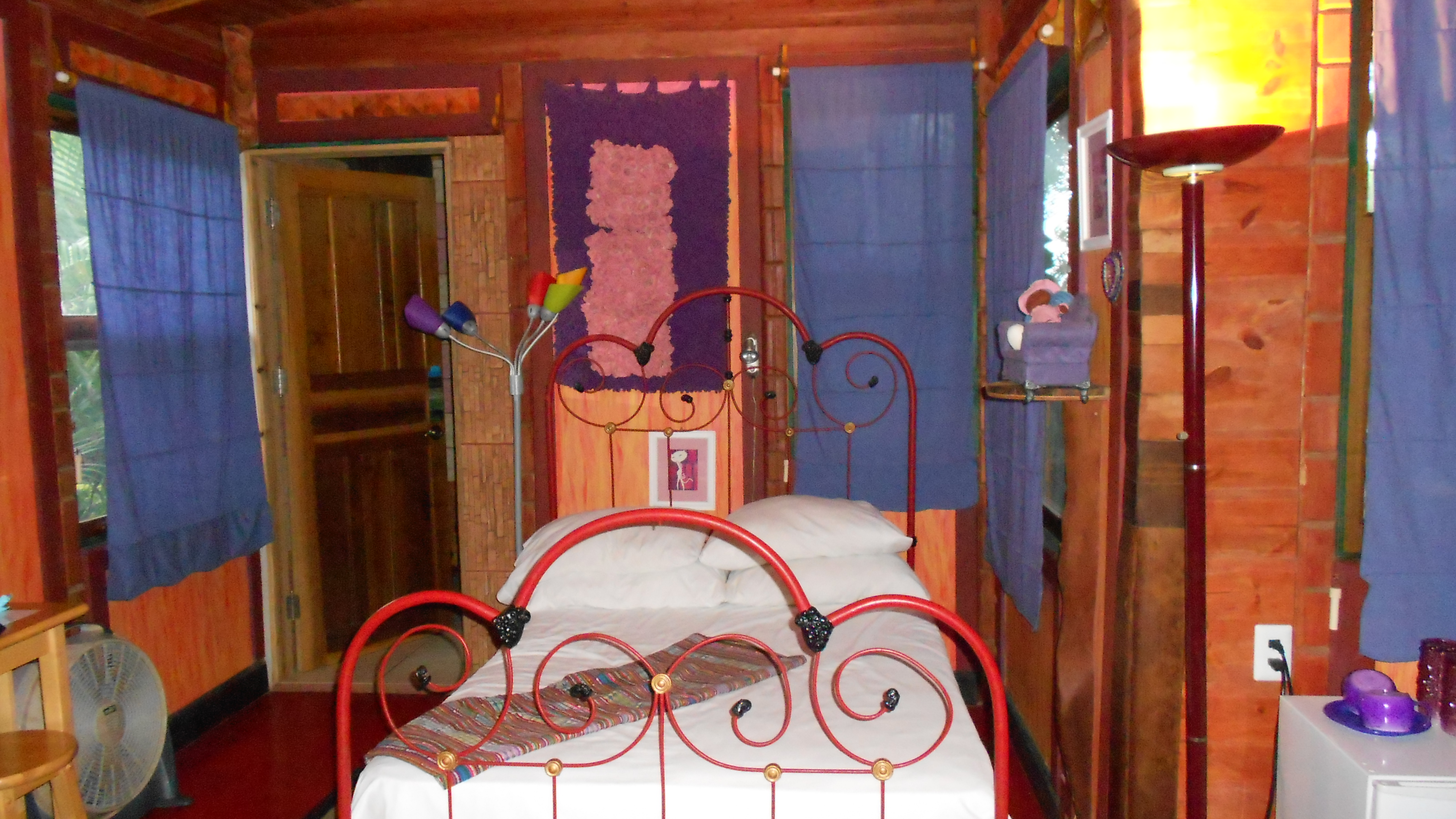I normally reflect about the many reasons I love, honor and respect my dad on Father’s Day. Yet today, amid all the recent controversy surrounding race relations, I feel compelled to incorporate one of Dad’s life lessons into this year’s Father’s Day tribute.
After many weeks of thunderstorms, usually on a Friday afternoon, the only time in my busy schedule when I can swim and relax afterwards, I finally knocked out ten laps at a free neighborhood swimming pool, then sat in my lawn chair under a huge, shady tree while reading a book and taking notes for my third novel. I breathed in the fresh air, absorbed the heat, humidity and fertile conversations in different languages and among multiple generations, thinking, “Ahh, summer has officially begun.”
Three days later, the McKinney pool video astonished me. The camera phone has evolved into a pivotal civil rights instrument, capturing, as so many artists have tried to in words, sculpture and other art forms, what continues to challenge our society. Some view protest art as society’s mirror, which reflects questions and sparks conversations. Now, with the onset of portable recording devices, raw moving images and sounds are uploaded, ripping away the pretty, waterproof, bandages and exposing our wounds.
There’s the racism that affirmation action and a black presidency were supposed to cure. There’s the intolerance that demonizes all black teenagers because some made a poor decision. Check out the over-the-top response of one out of 12 cops played on a continuous loop.
Ever the optimist, I thought, “Hey, at least no one was killed and 92% of the responding officers acted in a manner that did not warrant them to be suspended.”
And then a misguided soul entered The Emanuel African Methodist Episcopal Church, joined their Bible study for about an hour before shooting and killing nine innocent people.
The first time I’d heard of white supremacists was in the mid 70s while sitting at the kitchen table. The alliteration of their name first caught my attention as the TV news reporter articulated something, which I can no longer remember, but left me with the understanding that there was an organized group of whites who hated blacks.
That got me riled up. My immediate response was to hate them right back. My six-year old chest swelled and neck muscles bulged as I passionately outlined a plan about how all black people should get together and build a fabulous kingdom for ourselves and keep all the white people out. I said we should call ourselves The Big Bad Blacks because I wanted an alliterative name for our group as well.
My father, who was sitting at the table with me and patiently listening to my rant, slowly shook his head. He gently explained to me that we all needed to learn to live together and get along with one another. Those few soft-spoken words sucked the venom of hatred out of me.
Even now, as some clamor for the death penalty, which is state-sanctioned murder to show murderers that murder is wrong, I still say that life without parole is the strongest sentence that should be given for egregious acts. And the added bonus in this case will be that a young man, who proclaims to hate blacks will spend the rest of his life incarcerated with an overrepresented population of blacks. Additionally, as the decades tick by, he will witness his unemployed, high school dropout fantasy of a race war NOT breaking out, but rather the maturity of a country learning to live together just as my father said we would.

